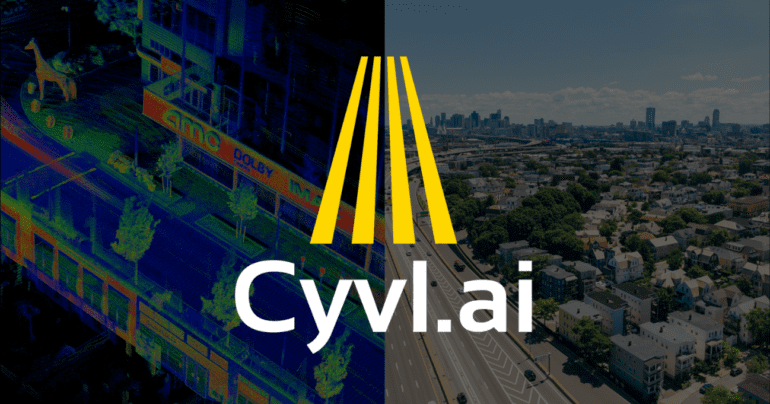- Cyvl.ai, founded by Daniel Pelaez, offers data-driven solutions for transportation infrastructure management.
- The company secured a $6 million investment, underscoring its commitment to innovation.
- Utilizing advanced sensors like LiDAR and proprietary analytics, Cyvl.ai provides unprecedented insights into infrastructure conditions.
- Strategic partnerships with civil engineering firms facilitate the adoption of Cyvl.ai’s technology by municipalities.
- With nearly 200 cities leveraging its software and $2 million in annual revenue, Cyvl.ai demonstrates significant market traction and growth potential.
Main AI News:
In the dynamic landscape of transportation infrastructure, innovation is key to addressing the ever-growing demands for efficiency and sustainability. Cyvl.ai, a visionary firm founded by Daniel Pelaez, is spearheading this revolution with its data-driven solutions. Pelaez, a graduate from Worcester Polytechnic Institute, identified a glaring gap during his stint at a public works department: the absence of robust software for monitoring road repairs. This observation ignited the spark that led to the inception of Cyvl.ai.
Today, Cyvl.ai stands at the forefront of the industry, announcing a remarkable $6 million investment. Pelaez elucidates the core mission driving the company’s endeavors: “Our primary goal is to empower global communities in constructing and upkeeping superior transportation infrastructure.” From roads to railways, Cyvl.ai is committed to enhancing the very foundation of modern societies.
Central to Cyvl.ai’s approach is the utilization of advanced sensors to create digital replicas of infrastructure components. By leveraging LiDAR technology, cameras, and sensors, coupled with proprietary data analytics and geospatial AI, Cyvl.ai delivers unparalleled insights into infrastructure conditions. Pelaez emphasizes, “We equip our clients, whether civil engineering firms or governmental bodies, with comprehensive data, enabling informed decision-making in infrastructure management.”
Navigating the intricate landscape of governmental procurement can be daunting, yet Cyvl.ai has devised innovative strategies to overcome these challenges. Recognizing the pivotal role of external engineering firms in infrastructure assessments, Cyvl.ai has fostered strategic partnerships, effectively bridging the gap between technology and governance.
The results speak volumes, with nearly 200 municipalities leveraging Cyvl.ai’s software within a mere 2.5 years of operation, translating to an impressive $2 million in annual recurring revenue. Pelaez attributes this success to the company’s steadfast commitment to facilitating the transition from manual to digital processes.
As Cyvl.ai continues to expand its footprint, fueled by a recent $6 million investment led by Companyon Ventures, with participation from esteemed investors such as Argon Ventures and AeroX Ventures, the trajectory of growth is palpable. With a diverse team of 11 employees and plans to double its workforce by year-end, Cyvl.ai exemplifies the transformative power of perseverance and innovation in reshaping the future of transportation infrastructure management.
Conclusion:
Cyvl.ai’s success in revolutionizing transportation infrastructure management underscores a growing demand for data-driven solutions in the market. By leveraging advanced technology and strategic partnerships, Cyvl.ai has positioned itself as a key player in reshaping the future of infrastructure management. As municipalities increasingly prioritize efficiency and sustainability, Cyvl.ai is poised for continued growth and market dominance.

